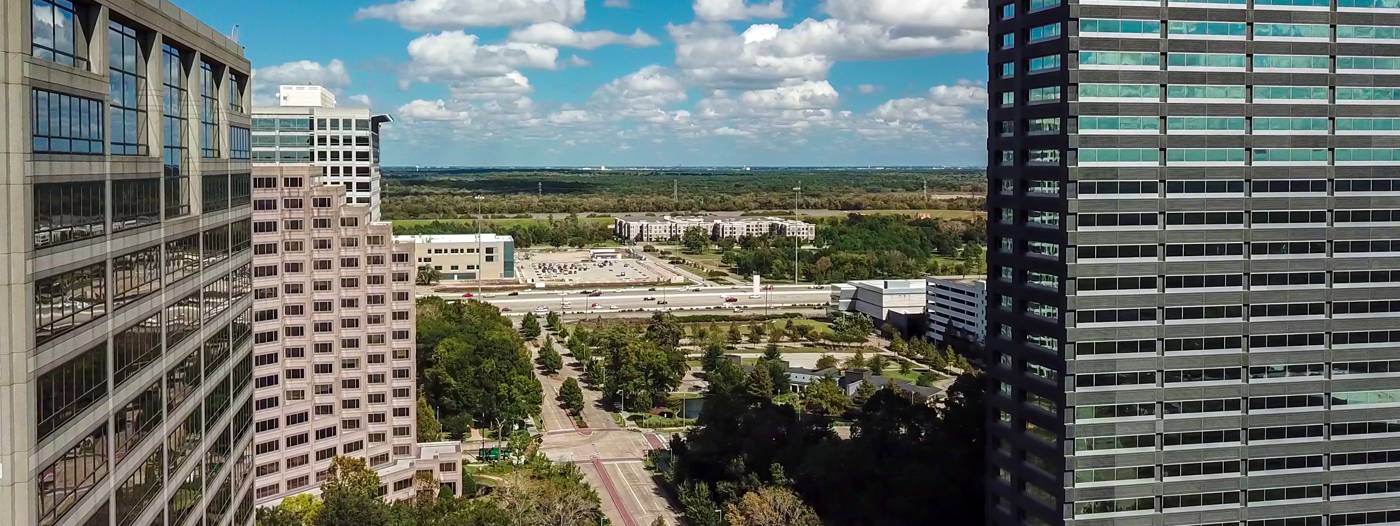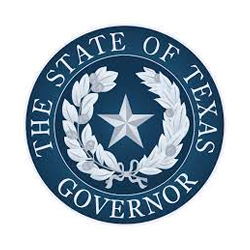Incentives, Financing and Taxes
The Katy Area Economic Development Council is here to help you. Our staff has over 40 years of experience in economic development. Let our experts show you the variety of options you’ll have to choose from. The Katy area and the state of Texas have created dynamic and growing economies with the help of a pro-business tax structure and pro-business climate. Some key features of the tax and business environment include: no state income tax on persons or businesses, no local income or occupational taxes on persons or businesses, a low franchise tax, a strong tort reform law and Employment-At-Will and Right-to-Work laws. Katy Area EDC works diligently to aid companies in exploring tax incentives and maximizing monetary efficiency for relocations and expansions. Below please query the type of incentives of interest from the pull down menu or search button which include Covid, Goodwill, Grants, Loans, Permitting, Rebates, Tax, Taxes, Training and Workforce.
The City of Houston: Chapter 380 Program of the Texas Local Government Code provides financial assistance in the form of loans and/or performance-based grants to qualified businesses for eligible projects
Municipality Agreements
Chapter 380 of the Local Government Code authorizes municipalities to offer incentives designed to promote economic development such as commercial and retail projects. Specifically, it provides for
Type A and B Economic Development Corporations Overview
The Development Corporation Act of 1979 gives cities the ability to finance new and expanded business enterprises in their local communities
For historic structures, the City of Houston may grant a tax exemption to qualified property owners who improve designated historic properties. A property owner who has been denied a Certificate
The Fort Bend County Commissioners Court has approved a small business emergency grant program to assist businesses impacted by Covid-19. Additional funds were approved April 27, 2021 to provide financial
Fort Bend County has established a Disadvantaged Business Enterprise (DBE) Program [PDF] in accordance with regulations of the U.S. Department of Transportation (DOT), 49 CFR Part 26.
To be
Leadership In Energy And Environmental Design (Leed®) Tax Abatement:
If the owner of new commercial construction has registered with the U.S. Green Building Council ("USGBC") seeking LEED Certification, then
Texas legislation (Tax Code Chapter 312) allows local jurisdictions to offer incentives to attract new industries and to encourage the retention and development of existing businesses through property tax exemptions
Industrial Revenue Bonds (IRBs) provide a source of tax-exempt or taxable bond finance for projects involving significant private activity that promote new and existing businesses, encourage employment, and expand the
Freeport exemption is available for various types of goods that are detained in Texas for a short period of time. Freeport property includes goods, wares, merchandise, ores, and certain aircraft
This exemption applies to items in a companies inventory of last year (if applicable) that: (1) were acquired in or imported into Texas to be forwarded to another location (2)



